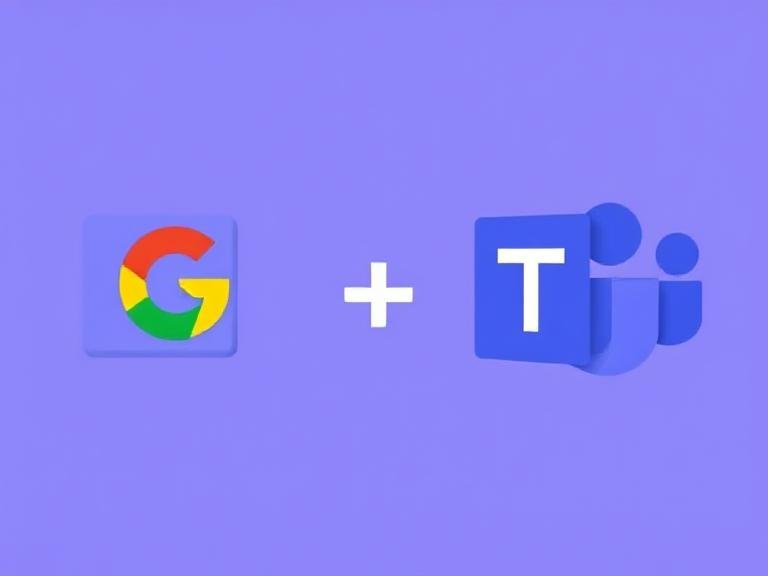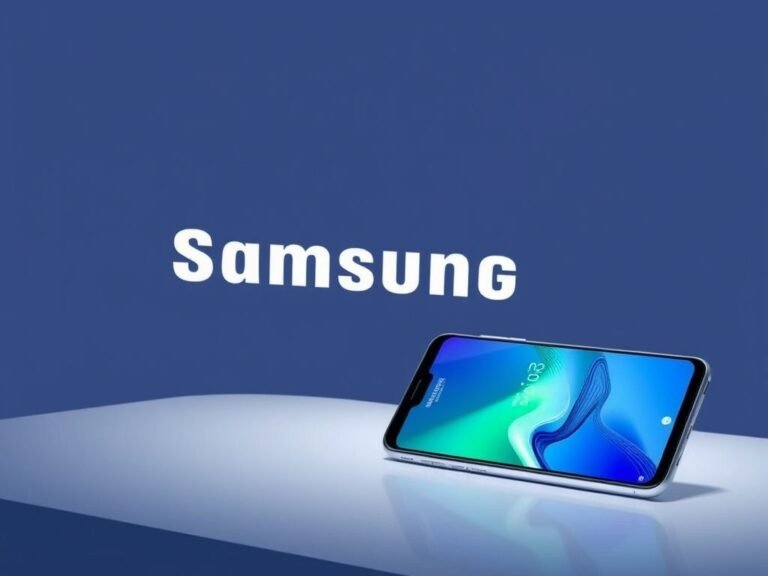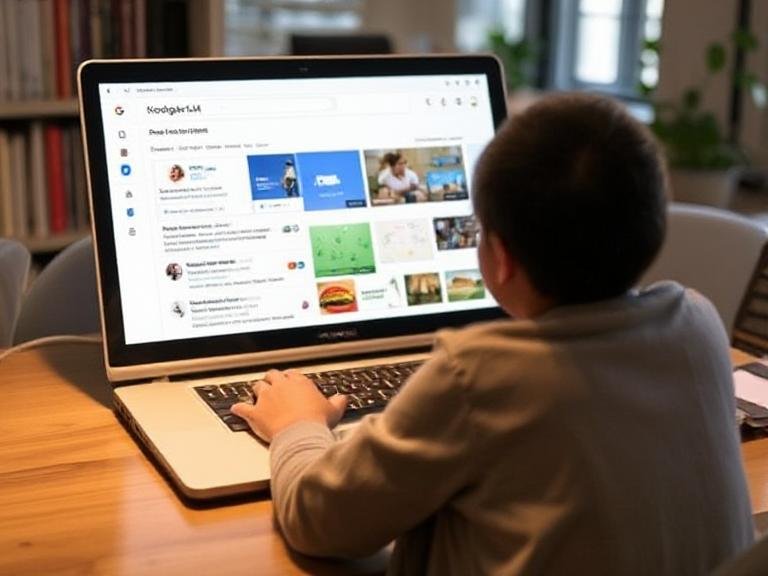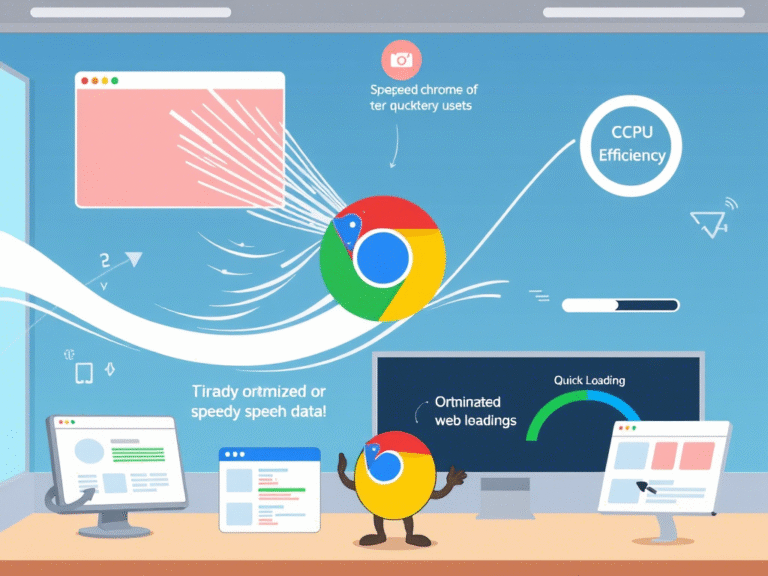Google and Microsoft Users Can Now Message Across Platforms

Google and Microsoft Users Can Now Message Across Platforms
In a move that bridges one of the biggest divides in workplace communication, Google has enabled real-time messaging between Google Chat and Microsoft Teams — powered by NextPlane’s OpenHub platform.
This integration marks a significant leap toward seamless collaboration in mixed-tech environments, where teams often split between Google Workspace and Microsoft 365. Now, users can exchange messages across platforms without switching accounts, copying content, or relying on clunky workarounds.
Seamless Messaging Across Ecosystems
The new interoperability allows Google Chat and Microsoft Teams users to send and receive direct messages in real time, all while staying within their preferred platform.
No more asking colleagues to “ping you on Teams” or “message me on Chat.” Whether your team uses Gmail or Outlook, this update keeps conversations flowing — naturally and securely.
And it’s not just about basic text. The integration preserves rich message fidelity, meaning formatting, emojis, links, and message threading stay intact, no matter which side sends them.
More Than Just 1:1 Chats: Shared Workspaces and File Exchange
While direct messaging is the core feature, the integration goes further:
- Channel and space syncing: Stay updated on group discussions without needing access to the other platform.
- Multi-platform group chats: Collaborate in shared virtual spaces, even when team members are split across ecosystems.
- Cross-platform file sharing: Send and receive documents, spreadsheets, and media directly — no need to re-upload or email attachments.
This level of continuity is a game-changer for partners, vendors, and distributed teams who rely on different tools but need to work as one.
Built for Enterprise Needs
NextPlane’s OpenHub isn’t just about convenience — it’s designed with enterprise demands in mind.
The solution supports:
- Data residency controls – keep your data where it needs to be, compliant with local regulations.
- Security and compliance – meets standards critical for finance, healthcare, education, and government sectors.
- Business continuity – reduce dependency on a single platform, minimizing disruption during transitions or outages.
It’s also optimized for Google Cloud Platform (GCP), ensuring high performance, scalability, and smooth integration with existing Google Workspace infrastructure.
And with a usage-based licensing model, organizations only pay for what they use — making it flexible for teams of all sizes.
How to Enable the Integration
The feature is now live for both:
- Rapid Release domains
- Scheduled Release domains
However, there’s one catch: a separate license from NextPlane is required to activate the interoperability features. IT administrators must deploy the OpenHub solution through the Google Admin Console and configure trusted domains to establish the connection.
Once set up, the experience is seamless for end users — no extra apps, no sign-ins, no learning curve.
A Smart Step Toward an Open Work Future
This isn’t a partnership between Google and Microsoft. Instead, it’s a third-party-powered solution that reflects a growing trend: businesses no longer want to be locked into a single ecosystem.
With hybrid and remote work here to stay, companies need tools that work together — not against each other. Google’s certification of NextPlane under its Partner Interoperability Program shows a clear commitment to open, flexible collaboration.
Final Thoughts
Google’s new cross-platform integration with Microsoft Teams via NextPlane isn’t about merging two rivals — it’s about putting users first.
Whether you’re a small business working with external partners or a large enterprise managing complex workflows, this update removes a long-standing friction point in digital collaboration.
The future of work isn’t about choosing between Chat or Teams.
It’s about using both — and still staying connected.





